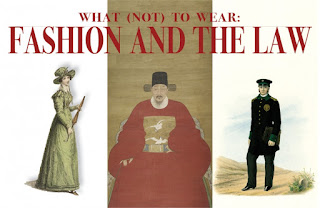On Monday, the U.S. Supreme Court decided Husky International Electronics, Inc. v. Ritz. Justice Sotomayor wrote the decision, which reversed the lower court's narrow reading of "Actual Fraud." To support this decision the Court set out to revive the common law definition of "Actual Fraud."
This case involved 11 U.S.C. § 523(a)(2)(A)
§ 523. Exceptions to dischargeI noticed no dictionary definitions of "Actual Fraud" were cited in the Court's opinion, so I pulled up Spinelli's Law Library Reference Shelf, a database on HeinOnline, to take a closer look.
(a) A discharge under section 727, 1141, 1228(a), 1228(b), or 1328(b) of this title does not discharge an individual debtor from any debt-
(2) for money, property, services, or an extension, renewal, or refinancing of credit, to the extent obtained by--
(A) false pretenses, a false representation, or actual fraud, other than a statement respecting the debtor's or an insider's financial condition;
Here is the earliest definition in Bouvier's famous dictionary:
"Frauds may be also divided into actual or positive and constructive frauds. An actual or positive fraud is the intentional and successful employment of any cunning, deception or artifice, used to circumvent, cheat or deceive another. 1 Story, Eq. Jur. § 186; Dig. 4,3,1,2; Id. 2,14,7,9."Bouvier's Law Dictionary, Adapted To The Constitution And Laws Of The United States Of America, And Of The Several States Of The American Union 590 (2d ed. 1843).













